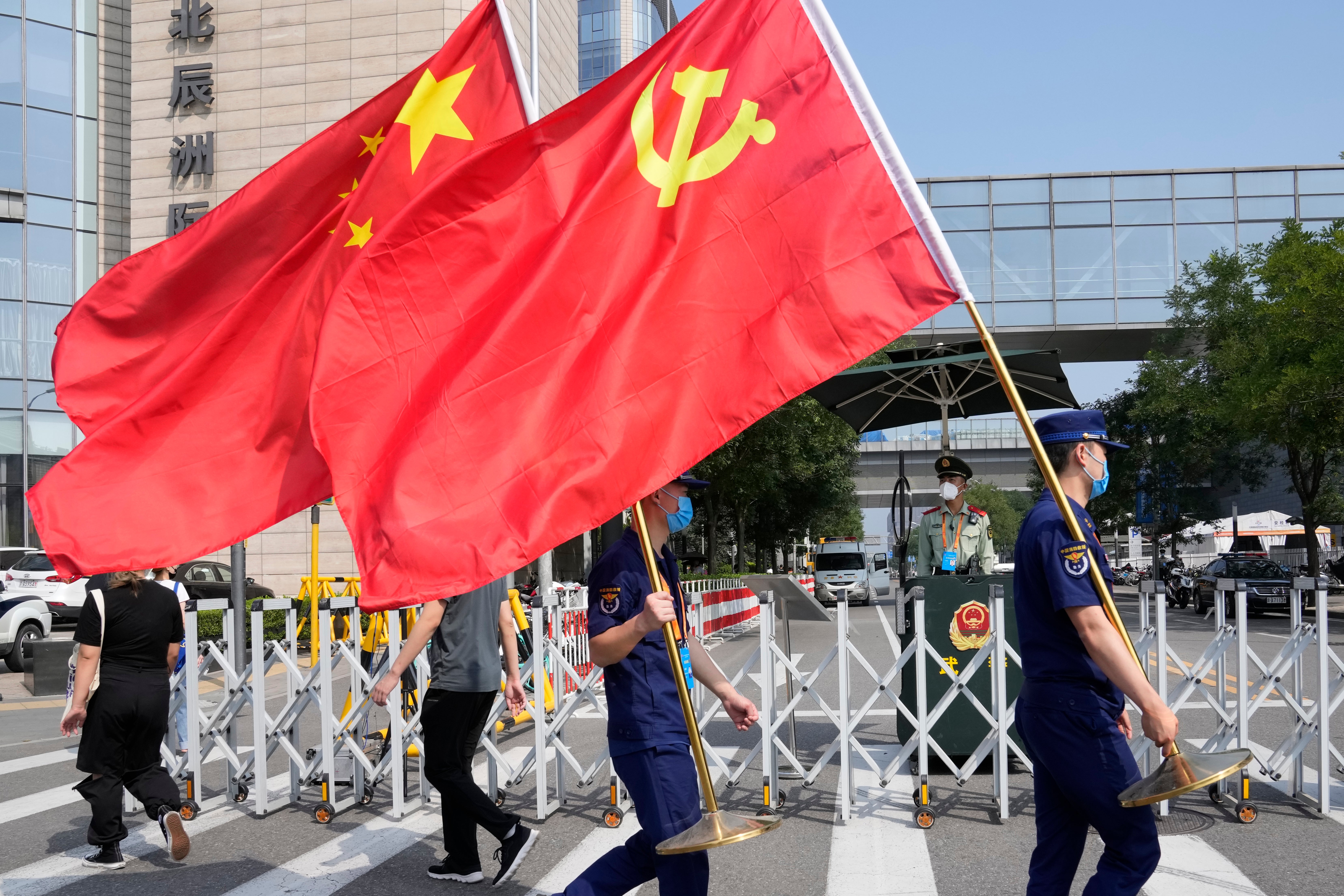China to crack down on celebrity culture and limit stars’ presence online
This move will include the regulation of all stars’ personal information, and advertisements online

Your support helps us to tell the story
From reproductive rights to climate change to Big Tech, The Independent is on the ground when the story is developing. Whether it's investigating the financials of Elon Musk's pro-Trump PAC or producing our latest documentary, 'The A Word', which shines a light on the American women fighting for reproductive rights, we know how important it is to parse out the facts from the messaging.
At such a critical moment in US history, we need reporters on the ground. Your donation allows us to keep sending journalists to speak to both sides of the story.
The Independent is trusted by Americans across the entire political spectrum. And unlike many other quality news outlets, we choose not to lock Americans out of our reporting and analysis with paywalls. We believe quality journalism should be available to everyone, paid for by those who can afford it.
Your support makes all the difference.In a bid to create “a positive and healthy internet environment”, China’s cyberspace regulator has revealed that it will regulate the online presence of celebrities.
This move will include the regulation of stars’ personal information, and advertisements on various sites online.
The Cyberspace Administration of China made this announcement on Tuesday (23 November).
In recent months, Chinese authorities have made moves to reduce what they have called the country’s “chaotic” celebrity fan culture by ordering broadcasters, and celebrities to help restrict the phenomenon.
Earlier this year, Weibo – a popular Chinese social media platform – pulled its list of popular celebrities after the state’s media claimed that children are being corrupted by those who capitalise on the entertainment industry.
The move came after the state-owned newspaper People’s Daily had published an article criticising platforms that prioritise online traffic over the interests of young people, according to the Reuters news agency.
The newspaper said that online platforms should “strictly control idol development programmes and strengthen management of talent show programmes” by controlling reviews, voting mechanisms and comments.
Although the editorial did not name any specific social media networks, Weibo said its decision to take down the “Star Power Ranking List” was partly due to the “irrational support” some fans were showing for their favourite celebrities.
The list encourages unhealthy interaction between stars and fans, the company said in the statement.
In May, People’s Daily also published an editorial that condemned the “crazy star chasing behaviour that makes people gradually lose their minds”.
An English translation of the editorial read: “In particular, many underage fans are not only incapable of earning money, but also immature in their minds. They often fall into the trap of ‘excess consumption’ and ‘borrowing to chase stars’.
“Objectively speaking, out of love, fans are willing to spend their time, money, and energy to build momentum and resources for idols, which is a personal choice. But in the logic of some extreme fans, money equals love, and how much you love idols must be reflected in how much money you spend.”
The newspaper said that this area of show business is a “multi-party conspiracy to encircle and suppress fans” carried out by “artists, brands, platforms, brokerage teams, etc”.
Join our commenting forum
Join thought-provoking conversations, follow other Independent readers and see their replies
Comments